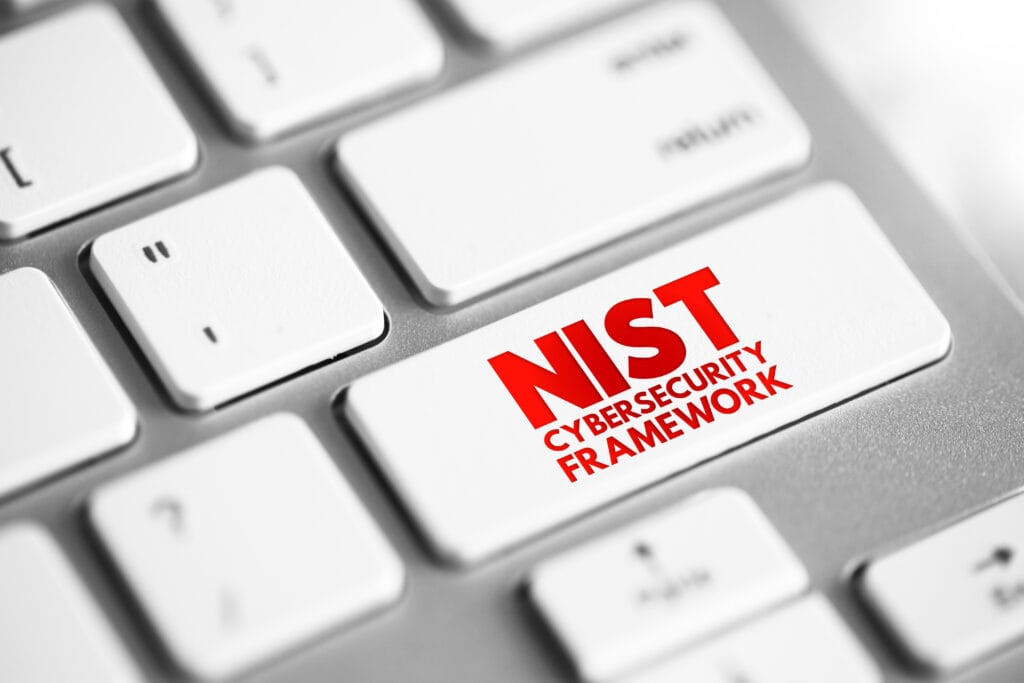
The NIST Cybersecurity Framework for Small Businesses: A Guide to Enhancing Security
In today’s digital age, cybersecurity is no longer a luxury, but a necessity for businesses of all sizes. Small businesses, despite their resource constraints, are increasingly targeted by cybercriminals. To help these organizations navigate the complex world of cybersecurity, the National Institute of Standards and Technology (NIST) has developed a valuable resource: the NIST Cybersecurity Framework (CSF).
What is the NIST Cybersecurity Framework?
The NIST Cybersecurity Framework is a voluntary set of guidelines and best practices designed to help organizations manage and reduce their cybersecurity risks. It’s not a one-size-fits-all solution, but rather a flexible framework that can be adapted to suit the specific needs and resources of different businesses.
Key Components of the NIST Cybersecurity Framework
The framework is organized around five core functions:
- Identify: This involves understanding your organization’s assets, dependencies, and threat landscape. It’s about knowing what you need to protect.
- Protect: This focuses on implementing safeguards to protect your critical assets. This includes things like access controls, data encryption, and physical security measures.
- Detect: This involves establishing and maintaining the capability to detect cybersecurity events. This might involve using intrusion detection systems, monitoring network traffic, or implementing security information and event management (SIEM) systems.
- Respond: This focuses on taking appropriate actions to contain and mitigate the impact of a cybersecurity incident. This includes having incident response plans in place and conducting regular drills.
- Recover: This involves restoring any capabilities or services that were impaired due to a cybersecurity incident. This includes having backup and recovery procedures in place and conducting business continuity planning.
Benefits of Using the NIST Cybersecurity Framework for Small Businesses
- Improved Security Posture: By following the framework, small businesses can significantly enhance their cybersecurity posture, reducing their vulnerability to cyberattacks.
- Reduced Risk of Data Breaches: Implementing the framework’s recommendations can help minimize the risk of data breaches, protecting sensitive customer and business information.
- Enhanced Business Continuity: The framework emphasizes the importance of business continuity planning, ensuring that businesses can continue to operate in the event of a cyberattack or other disruptions.
- Increased Customer Trust: By demonstrating a commitment to cybersecurity, small businesses can build trust with their customers, which is essential for long-term success.
- Compliance with Regulations: Many industries are subject to strict regulatory requirements related to data security and privacy. The NIST Cybersecurity Framework can help small businesses comply with these regulations.
Implementing the NIST Cybersecurity Framework in a Small Business
- Assess Your Current State: Start by assessing your current cybersecurity practices and identify areas for improvement.
- Prioritize Actions: Based on your assessment, prioritize the actions that will have the greatest impact on your security posture.
- Develop an Action Plan: Create a roadmap for implementing the chosen actions, including timelines and budget allocations.
- Implement and Monitor: Implement the chosen actions and continuously monitor your progress.
- Review and Adjust: Regularly review your cybersecurity practices and adjust your approach as needed to address emerging threats and vulnerabilities.
Resources for Small Businesses
- IPT We offer services to help you align to NIST, start with a Free Vulnerability Assessment
- NIST Cybersecurity Framework Website: The official website provides comprehensive information about the framework, including resources and tools for implementation.
- Small Business Cybersecurity Alliance (SBSA): The SBSA offers a wealth of resources and guidance for small businesses on cybersecurity topics.
- Cybersecurity and Infrastructure Security Agency (CISA): CISA provides a range of resources and tools to help organizations enhance their cybersecurity.
Conclusion
The NIST Cybersecurity Framework provides a valuable roadmap for small businesses to enhance their cybersecurity posture. By following the framework’s guidance, small businesses can protect their valuable assets, minimize the risk of data breaches, and build trust with their customers. While implementing the framework may require some initial effort, the long-term benefits in terms of improved security and reduced risk far outweigh the costs.
